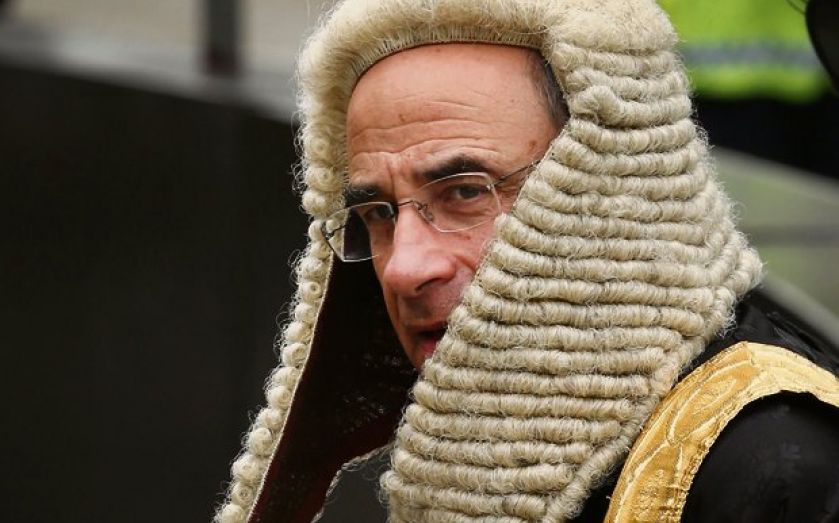Coalition rejects media’s bid for self-regulation

THE GOVERNMENT yesterday rejected proposals for self-regulation of the press, paving the way for a system that will ultimately give the state a degree of control over Britain’s media.
Culture secretary Maria Miller told the House of Commons that the newspaper industry’s own proposals could not meet the requirement for independence set out by Lord Leveson in his report on media ethics.
She will now put forward a royal charter featuring the government’s tougher proposals to the privy council, which will meet on 30 October.
Major newspaper groups now have two days to argue for any changes. But both Associated Newspapers and News UK, who respectively own the Daily Mail and the Sun, have indicated they will reject a press regulator that takes its authority from a royal charter.
Index on Censorship, a global organisation that campaigns against incursions on free speech, said yesterday’s decision to push ahead with the government-backed proposal is a threat to media freedoms.
“A truly independent self regulator should not be created by politicians,” said chief executive Kirsty Hughes. “Now is the time to open transparent discussions with the aim of creating genuine independent self-regulation that will ensure the protection of free speech in the UK.”
Critics point out that any attempt to regulate newspapers is increasingly irrelevant in an age when organisations operate across multiple platforms. It is likely to result in a situation where companies that publish physical newspapers are regulated while popular websites are not.
Both plans put forward by the industry and the government will create a beefed-up regulator with the power to handle complaints and pay damages. But the industry plan has extra safeguards against political interference.